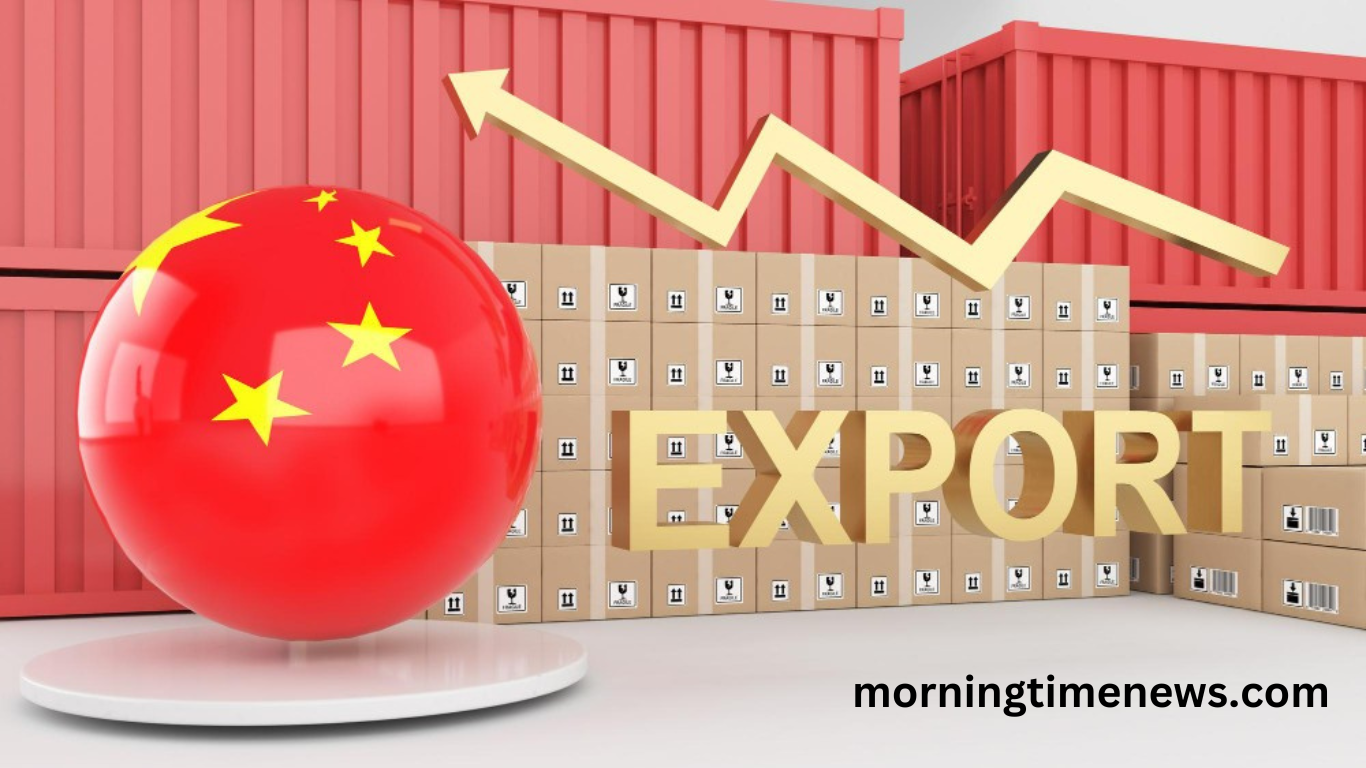The ongoing trade tensions between China and the United States have taken another turn. In an effort to smooth relations with the U.S., China is now considering limiting its exports. This move is seen as a strategic decision aimed at easing pressure from the U.S. government, particularly under former President Donald Trump’s trade policies.
The Trade War Background
The U.S.-China trade war began as a series of escalating tariffs and restrictions imposed by both countries. Trump’s administration targeted Chinese imports with high tariffs, citing unfair trade practices and intellectual property theft. In response, China imposed its countermeasures, leading to a prolonged standoff that affected global markets.
China’s Strategy: Playing the Long Game
Instead of engaging in confrontation, China is now looking at alternative ways to stabilize trade relations. LimitingLimiting exports in certain sectorsmay be attempting to create leverage while showing goodwill toward the U.S. This could help reduce tariffs or other restrictive measures placed on Chinese goods.
Read More : Japan No Longer Holds the World’s Lowest Interest Rate
What Products Might Be Affected?
China’s potential export restrictions may target industries where it has significant dominance. Some key areas. By limiting these exports, China can subtly remind the U.S. of its dependence on Chinese manufacturing.
The Impact on the U.S. Economy
If China enforces export restrictions, several American industries could feel the strain. The technology sector, in particular, may struggle to source essential materials, potentially leading to higher prices for consumers. Additionally, pharmaceutical companies relying on Chinese ingredients might face production delays.
Is This a Temporary Measure or a Long-Term Shift?
China’s approach remains unclear. While this could be a short-term tactic to reduce immediate trade tensions, it may also signal a broader shift in China’s economic strategy. Diversifying its global trade partners and reducing reliance on the U.S. could be part of its long-term vision.
What’s Next for U.S.-China Trade Relations?
With ongoing negotiations and shifting political landscapes, the future of U.S.-China trade remains uncertain. Both countries have incentives to maintain economic stability, but tensions may persist. If China’s export limitations succeed in easing U.S. pressure, it could mark a new phase in trade diplomacy.
Frequently Asked Questions
Why is China considering export limits?
China is exploring export restrictions as a strategic move to ease trade tensions with the U.S. and possibly negotiate better terms while maintaining leverage.
What types of exports might be affected?
China may limit the export of rare earth minerals, pharmaceutical ingredients, and technology components, all of which are crucial to U.S. industries.
How will U.S. businesses be impacted?
Industries reliant on Chinese exports, such as tech and pharmaceuticals, could face shortages, price increases, and production delays.
Is this a temporary or permanent policy change?
It’s unclear. While it could be a short-term strategy to influence trade negotiations, it may also signal a broader shift in China’s economic policy.
Could this move backfire on China?
Yes, restricting exports may push the U.S. and other countries to seek alternative suppliers, potentially reducing China’s dominance in key industries over time.
How does this impact global trade?
Any disruption in the supply chain from China could create ripple effects worldwide, affecting pricing and availability of critical materials.
What is the U.S. response to this strategy?
The U.S. may either see this as a sign of cooperation or as a manipulation tactic, leading to further trade policy adjustments.
What’s the future of U.S.-China trade relations?
The relationship remains uncertain. While export restrictions may help ease tensions temporarily, long-term economic and political challenges persist.
Conclusion
China’s consideration of export limits is a strategic move to ease U.S. trade tensions while maintaining economic leverage. While this could temporarily stabilize relations, it may also disrupt global supply chains and push the U.S. to seek alternative suppliers. The long-term impact remains uncertain, but this decision highlights the delicate balance of power in international trade and the ongoing complexities of U.S.-China economic relations.

